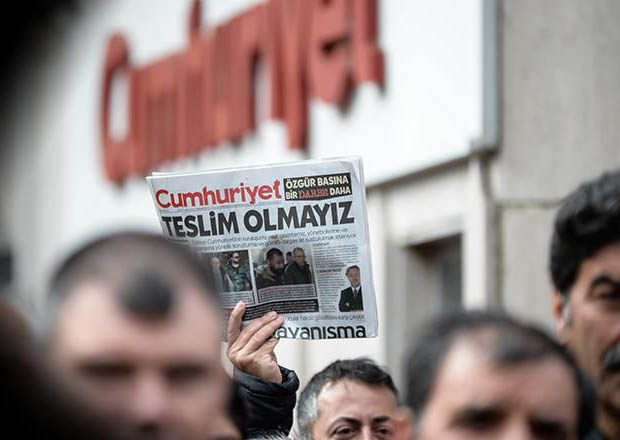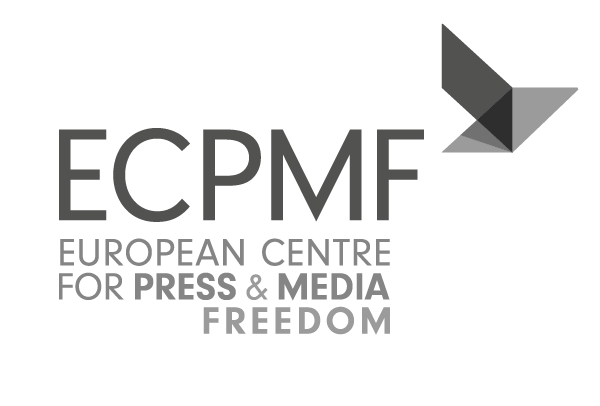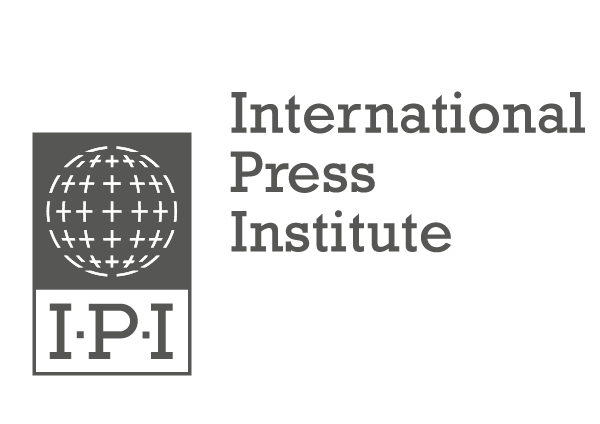
The trial of Cumhuriyet journalists and executives resumed on 11 September. The Istanbul 27th High Criminal Court issued an interim ruling to keep five defendants in prison.
These are: editor-in-chief Murat Sabuncu, president of the Cumhuriyet Executive Board and lawyer Akın Atalay, columnist and publications advisor Kadri Gürsel, reporter Ahmet Şık, accountant Emre İper and Ahmet Kemal Aydoğdu — a teacher unrelated to Cumhuriyet who is on trial on the basis of tweets he made — will remain under arrest.
The interim decision was in keeping with the prosecutor’s request for the continued imprisonment of the suspects on the grounds that the suspects might “obscure evidence” and are a “flight risk”.
“The charges holding Cumhuryiet journalists in prison a political attempt to silence one of Turkey’s oldest independent media outlets,” said Hannah Machlin, project manager for Index on Censorship’s Mapping Media Freedom project. “The decision to keep the five staff members behind bars is shameful yet indicative of Erdogan’s regime disregard for fundamental human rights.”
Emre İper, an accountant for Cumhuriyet who was arrested on 19 April on charges of using ByLock — an encrypted messages app allegedly used by the Fethullah Gülen network, the groups the Turkish authorities say was behind last year’s coup attempt — delivered his defence statement for the first time. Rejecting the allegation that he used ByLock, İper denies both that he used ByLock and that he is a member of a terrorist organisation.
“I would rather be held for an entire lifetime without any questioning than be held on FETÖ charges for just a single day,” he said. FETÖ — an acronym for Fetullahist Terrorist Organiation– is the name used for the Fethullah Gülen network by Turkish authorities. “I would like my acquittal from this shameful accusation,” he added.
Witnesses whose statements were included in the indictment delivered testimony in the trial. The session, which began at 10.30am, lasted until late in the evening.
Witnesses included İbrahim Yıldız, former editor-in-chief of the newspaper, its current news coordinator Aykut Küçükkaya, former Cumhuriyet Foundation board member Nevzat Tüfekçioğlu, Cumhuriyet reporter Miyase İlknur, Cumhuriyet columnist Şükran Soner, Cumhuriyet Foundation’s former accountant and executive Mustafa Pamukoğlu and former Cumhuriyet Foundation executive İnan Kıraç.
Most did not testify against the defendants, saying that they had voiced criticism of how the foundation was managed but did not agree with the terror charges levelled at the defendants.
Journalist Kadri Gürsel, who spoke at the hearing, said his defence statement was ignored by the authorities, asserting that his right to a fair trial had been violated.
He also denied claims that he had talked to people who used ByLock. He said most of these accusations stemmed from calls or SMS messages received from ByLock users, whose calls had gone unanswered.
Phone records also show, Gürsel said, that the last ByLock user who called him had phoned him six-and-a-half months prior to his employment at Cumhuriyet.
“I think I might be the only person under arrest in these media trials who was locked up for having been contacted by people who used ByLock,” he said. “The reason why I am being tried here is not because ByLock users contact me; it is because I am a critical journalist. I am being tried for my thoughts and journalistic activities. My only hope is for a fair trial.”
“I have a clean conscience regardless of what decision comes out of this trial,” Gürsel added.
Murat Sabuncu said he had spent ten-and-a-half of the 12 months he served as editor-in-chief in prison. He said the expert witness of the prosecution had never worked as a journalist and whose age was the same as the number of years he worked as a journalist.
“This trial will go down in the history of free speech as a dark stain,” he said. “We will continue to defend free speech for all journalists in Turkey, even if we spend more time in prison.”
Cumhuriyet reporter Ahmet Şık said: “I was arrested on charges of spreading propaganda for FETÖ, Revolutionary People’s Liberation Party Front (DHKP-C) and the Kurdistan Workers’ Party (PKK), and later my case was merged with this trial. The public likely thought it was being taken for a fool because of the FETÖ allegation and so this charge was dropped and I was officially charged with spreading propaganda for the PKK and the DHKP-C.”
Akın Atalay, who also spoke in the trial, said the case was a clear “picture of the democratic level Turkey was taken to.”
The trial was adjourned until 25 September. The next hearing will be heard at the Çağlayan Courtroom in central Istanbul. The presiding judge said remaining witnesses will be heard in the next trial, after which the court will be able to make a “sounder decision.”





